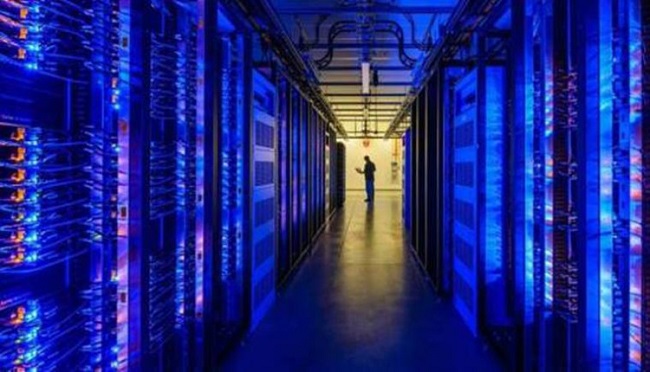If you’ve been paying attention to the tech space, you should be more than aware of the rise of data centers. They can provide a lot of benefits to business owners, such as security and peace of mind.
You may be considering migrating some of your systems to one, but this brings up a new issue: how do you find the right one for you and your needs? Thankfully for you, that’s exactly what this guide is here to help you with.
There’s a lot to consider when you start looking at data centers, such as ensuring the one you choose will stay ahead of the curve in data center compliance, so while we’ll guide you through a few important considerations, there may be other factors to consider that we don’t mention here.

Consider Network Carrier Restrictions
It’s possible that you haven’t heard of a network carrier before; simply put, a network carrier or network service provider (NSP) owns and operates the backbone of internet infrastructure.
However, you don’t deal with these providers directly. Instead, you deal with internet service providers (ISPs) who purchase access to this infrastructure and then sell you access to the Internet.
To put it as simply as possible, NSPs own the backbone of the internet, and ISPs work with them to be able to sell you internet access.
This may not be important to know in your daily life, but it is important to know when dealing with data centers, as some are limited by the network carriers they work with.
While this can be fine in some circumstances it’s often best to try and work with network neutral facilities as this can mitigate some of the unique issues you may face down the line otherwise.
Watch for High-Quality Hardware
Suppose you plan on renting out a data center’s hardware rather than renting space to store your equipment.
In that case, you’ll want to ensure that the equipment on offer is more than powerful enough to support your current software and potential future applications.
Older equipment will be slower, have less storage, need repairs more often, and be otherwise difficult to deal with at times.
Equipment that is low-performance may not be able to handle your applications as well as it needs to and could cause headaches for you, your teams, and your customers.
Using high-quality equipment bypasses all of these issues by being newer, more powerful, and having more storage capacity. Make sure the data center you choose to work with uses this high-quality equipment to avoid any potential problems in the future.
Search in the Right Areas
You may be thinking of the real estate phrase “location, location, location!” at this point, and there’s a good reason for that. You need to pay close attention to where your data center is located, as each location provides its own challenges.
A data center that is far from where your company is located could create potential problems when you or an employee must head over to it, such as for maintenance or upgrading hardware.
It can also inform you of what natural challenges the building may face. Some locations may be prone to natural disasters such as earthquakes, while others are more concerned with dangerous weather events such as tornadoes, floods, or ice storms.

You may want to avoid centers that could be in the line of fire for these disasters for a variety of reasons, from a lack of confidence in protection measures to peace of mind.
The best data center for you location-wise will be one that is relatively safe from these events and disasters and is close enough that you can access it without spending hours on the road.
Decide Which Type You Need
Another important consideration is the type of center you need. There are quite a few different types of centers with each one providing different facilities.
For example; a colocation data center rents out space for you to store your equipment while a managed data center rents out the equipment.
Which one will work best for you will depend on whether you’d prefer to own your own hardware or the convenience of the hardware being in someone else’s hands while you focus on your day-to-day operations.
There are quite a few options out there so don’t be afraid to take your time to find the best one for you.
Read Also:
Finding The Right Data Center for Your Company
Finding the best data center for your needs will be quite the process. There’s ultimately a lot to consider here, from the location to the specifics of the services to the amenities you may be able to take advantage of.
While it’s all a lot to take in, and you’ve certainly got a lot of thinking to do, we hope we’ve at least made your search a little bit easier by providing some things to watch for and a few definitions for some of the more complicated terms out there.
With all this in mind, the search for the right provider should be much easier than before.



















